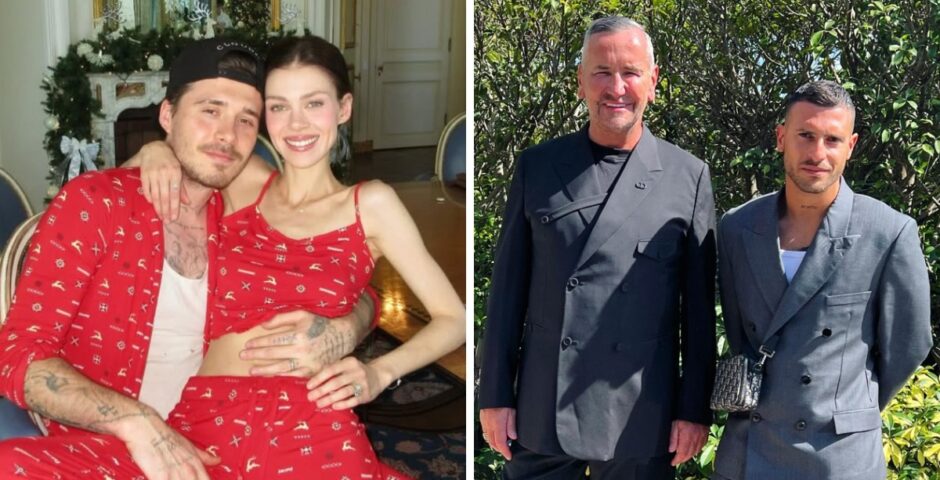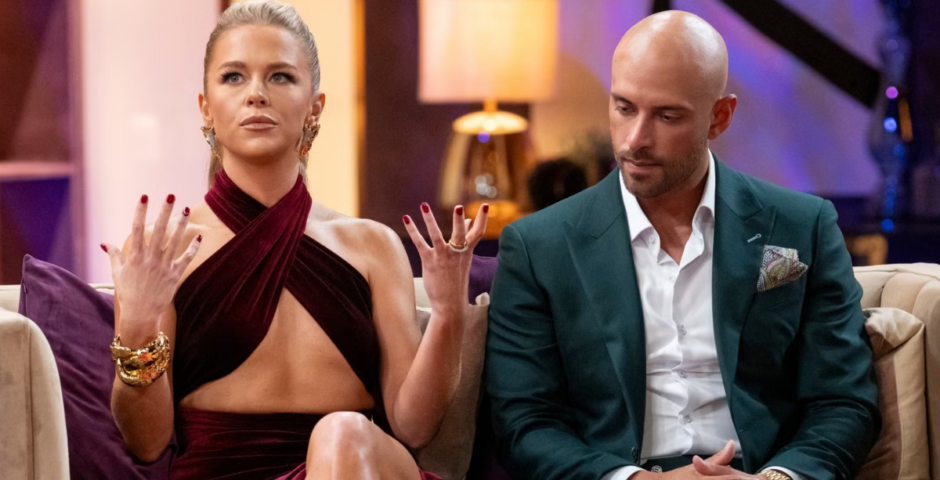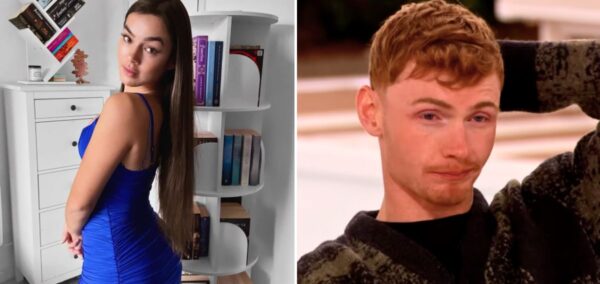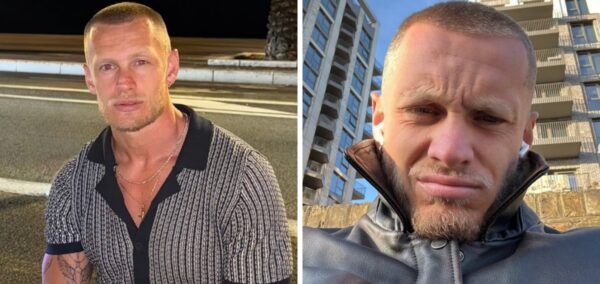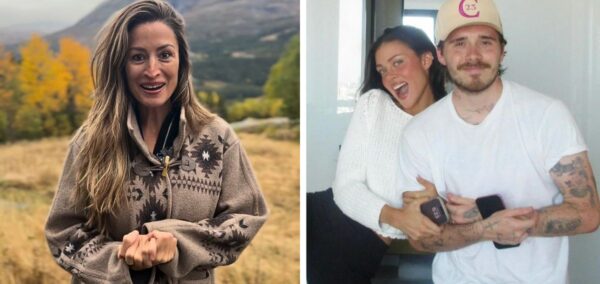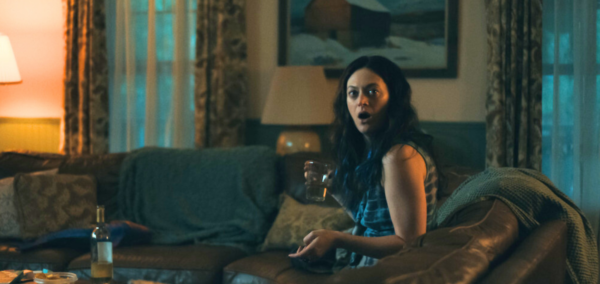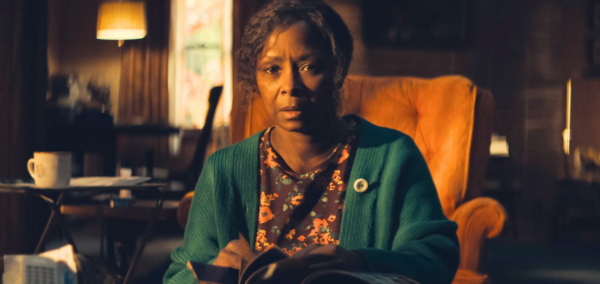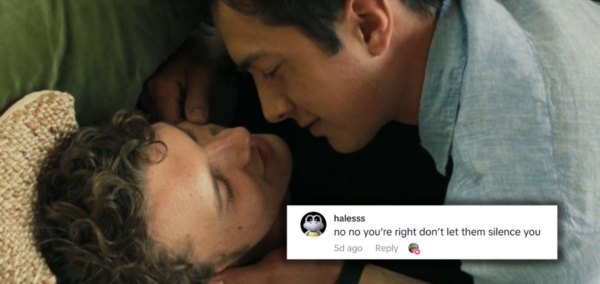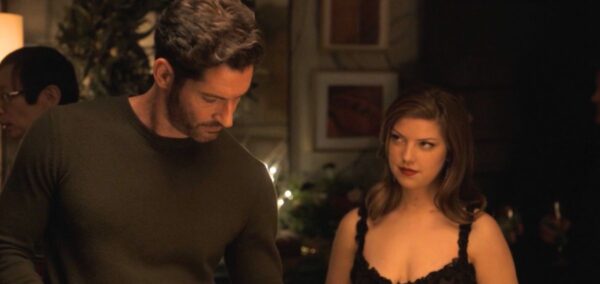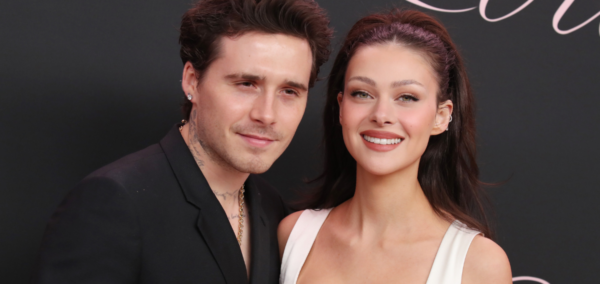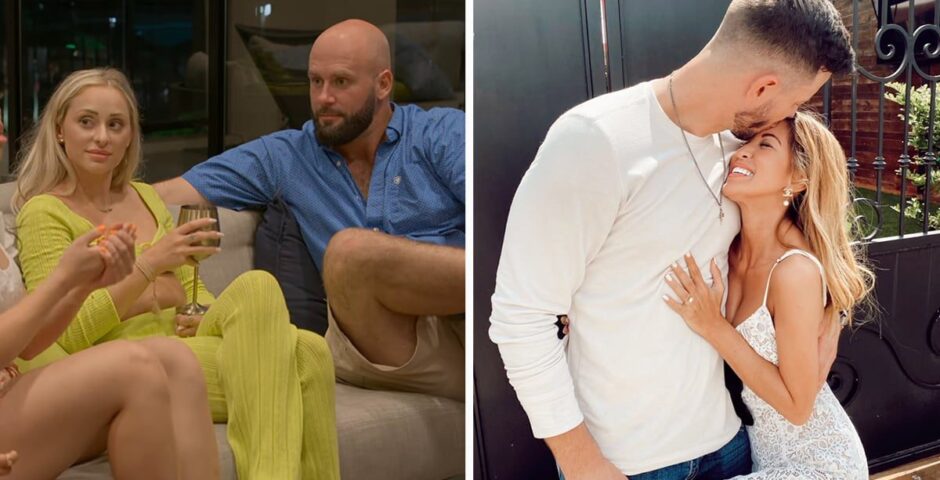
‘Don’t forget about us’: Ukrainian students on the one year anniversary of the Russian invasion
‘Putin won’t stop at Ukraine’
Today is the one year anniversary of the Russian invasion of Ukraine. In 365 days, approximately 40,000 civilians have been killed or injured, millions of citizens have been displaced and 140,000 residential buildings have been destroyed with bombs, rockets, and missiles. It’s a territory in tatters. And yet, Ukraine’s people, and president Volodymyr Zelenskyy, stay strong.
Over the past year of violence and destruction, Ukrainian students have continued to study on UK campuses, with one A-level student even landing a place at Durham as his dad got ready to fight on the front line. On the year anniversary of the invasion that changed their lives, we caught up with Ukrainians students about what they want us all to know of the conflict now.
‘Ukraine doesn’t have a lot of time’

Anastasiya left the University of Manchester to return to Ukraine this year
Manchester student Anastasiya picks up the phone in Odesa, Ukraine, where there have been electricity outages and buildings are in disrepair. “I had depression and decided to take a break from uni and come back,” she says. “I can’t imagine another place I could be peaceful apart from Ukraine. It’s weird, you can feel war in the [mood of the population] but it’s not rockets every day.”
“In the UK, I was worried, looking at the news every day,” Anastasiya says. “When you leave people you love, you just never know what will happen. My boyfriend was in Kiev and a rocket fell behind him. The next day a drone brushed into the house next door. If we die, it’s better to be together than alone.”
Most Read
Anastasiya is half Ukrainian and half French. “The Ukrainian part of me is just praying for the war to come to an end,” she says. “The other side of me understands that Ukraine doesn’t have a lot of time. Russia has all the time it wants because they have a supply of artillery. But Ukraine has to be quick. They have to prove to Europe they can manage this [conflict]. Otherwise, I don’t know what will happen.”
Rishi Sunak has said the UK will send more tanks, air defence and missiles to Ukraine and has called on world leaders to show similar support. And Anastasiya has a message for Europe: “Don’t forget,” she says. “On the 24th February at 4pm, 164 rockets were launched on this territory and it was an invasion with so much aggression.
“This is a European war. It’s the first European war in a long time. And it’s important because Putin won’t stop at Ukraine. This is a territory that’s probably saving Poland or Georgia because we’re taking all the aggression on us. But it’s not stopping here. This is the beginning.”
Anastasiya gave up a lot to return to Ukraine: “I sacrificed my year, my exams,” she says, not knowing if she’ll return to uni next year after a break. “The big achievement of my studies was the University of Manchester,” she adds. “But, unfortunately, this war changed everything in me. I don’t know how other Ukrainians are dealing with being away but I wasn’t able to. I needed the strength that was pushing me home.”
‘I am 100 per cent sure this will end in our favour’

Kosta is a second year Manchester student who’s separated from his family in Ukraine
Kosta, who’s a second year student at Manchester has been determined to stay in the UK and study. “You can see your parents, grandparents, age really fast when you don’t see them for this long,” he says of the stress of being away from home.
“My dad’s hair was black when I was leaving and now it’s completely grey. That’s hard. My grandmother was completely fine. Now, when I’m talking to her on video I can see her hands shaking. You begin to realise time’s limited and your family isn’t going to live forever and you don’t get to spend time with them.”
On the one year anniversary of the Russian invasion, Kosta says he feels numb. “I’m completely desensitised to everything good and everything bad that’s been happening,” he explains. I’m feeling optimistic but very stoic at the same time.”
Although he admits he’s no expert, Kosta says he’s glad the “Western support is ramping up” for Ukraine. “We’ve been granted tanks and a lot of fighting vehicles which is very good progress,” he says.
“Also the air defence has been becoming increasingly more efficient…the overall map of the battlefield has not changed in a while, although it’s known Russia is taking great efforts to attack. So, overall. I can see our army doing good and that inspires a lot of hope.”
So, what’s next for Ukraine?
Despite not wanting to make predictions, Kosta thinks the end of the Russian invasion will eventually come: “I am one hundred per cent sure [the conflict] will end some day and I’m also sure it will end in our favour,” he says.
“However, there are things I’m concerned about. First of all, we’re extremely reliant on Western weapon supplies. It’s up to other countries to decide how far there’ll allow us to go,” Kosta explains. “It’s not in our hands whether we’re going to get those weapons. I really hope the West doesn’t betray us.
“I’m really concerned about the final outcome [of the war],” he continues. “How’s it going to look? What kind of security guarantees will Ukraine receive? How will the global security architecture adapt to Russia becoming an even bigger threat to Eastern Europe?”
Until those questions are answered, as he hopes, worries, and studies, Kosta just tries to be like any other student: “I try to stay optimistic,” he says. “I can study. I can work. In Ukraine, I would have to go to the shelter five times a day. I’d have no electricity for the larger portion of the day. So, at least I stay thankful that, although I’m away, I can still live a normal and fulfilling life.”
This is what you can do to help Ukraine right now
Write to your MP
To help hold politicians accountable and pressure them into upholding the sanctions they’ve put on Russia, and deliver the artillery support they’ve promised, you can help Ukraine by writing to your local MP. You can find the name and contact details for your MP here.
Demonstrate at the Russian embassy
On the one year anniversary of the Russian invasion to Ukraine, the Ukrainian Institute is hosting a candlelit march from Holland Park in London to the Russian embassy. More details here:
24 Feb 📢Please join us to make our voices heard!
🇬🇧🇺🇦Together with Ukrainian community organisations in the UK, we'll be marking 1 year of Russia's full-scale war against Ukraine with a candlelit march from Holland Park to the Russian Embassy.
Details: https://t.co/MnetcQra2j pic.twitter.com/w66tV28LQs— Ukrainian Institute London (@Ukr_Institute) February 21, 2023
Educate yourself
If you want to have a clear update of what’s happening on the ground in Ukraine, the best thing you can do is follow Ukrainian journalists. Some of the most widely followed on Twitter are: Olga Tokarjuk, Christopher Miller, Nika Melkozaerova and Illia Ponomarenko.
Donate money
Ukraine is better equipped now than they were when Russia last invaded in 2014. But they still benefit from donations for humanitarian aid. Army SOS (here), United Help Ukraine (here), Red Cross (here), and British-Ukrainian Aid (here) are all trusted charities to donate to.
Related articles recommended by this author:
• Ukrainian A-level student lands Durham uni place as his dad fights on the front line
• Meet the Cambridge student who’s got to Ukraine to help in the conflict
• The UK universities supporting Ukrainian students and academics caught up in the war

